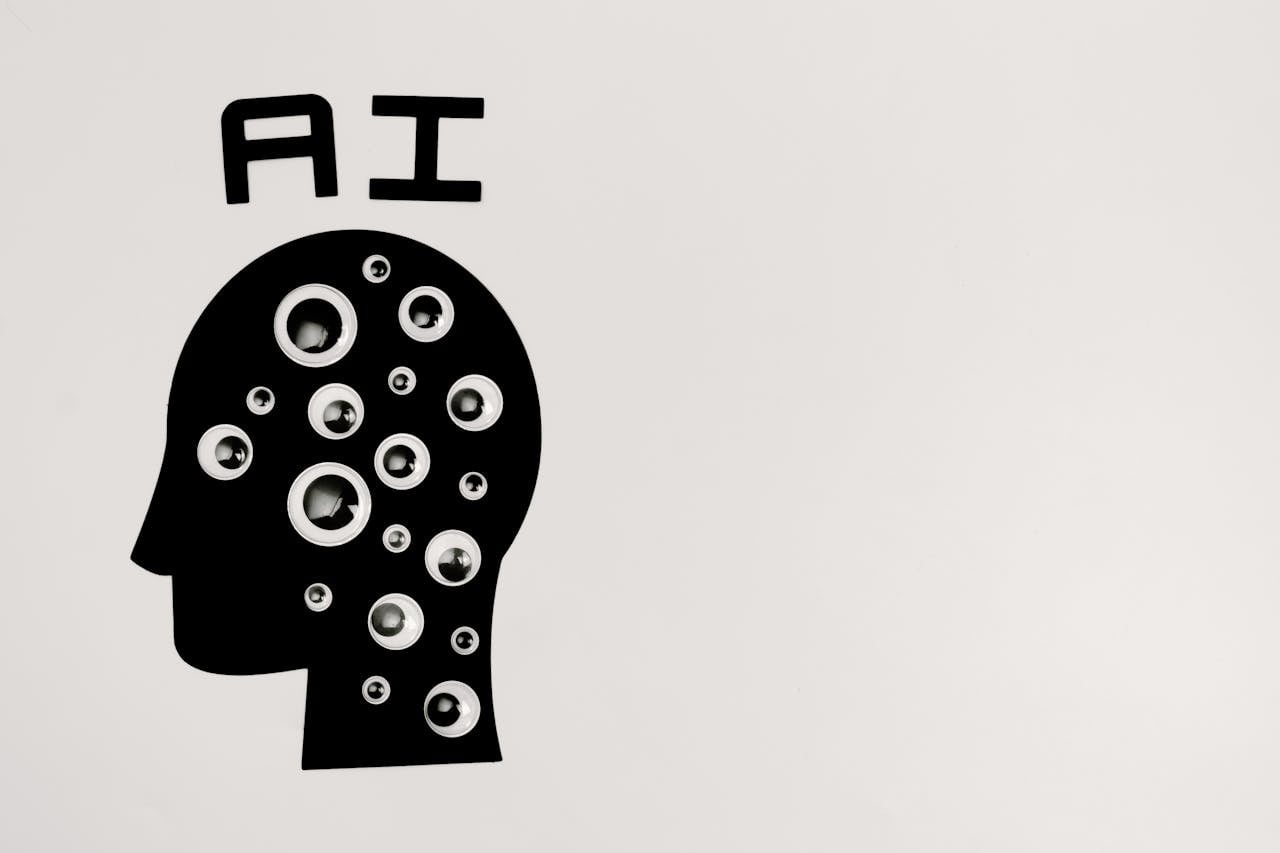
Title: “Unlocking the Potential: Zendesk’s CTO Explores AI’s Impact on Customer Service”
In the realm of tech leadership, the role of Chief Technology Officer (CTO) varies widely among companies. At Zendesk, CTO Adrian McDermott stands out as both a passionate advocate for the company and a vocal proponent of the transformative power of AI. Often dubbed the company’s “chief-talking-officer” by his colleagues, McDermott plays a crucial role in articulating Zendesk’s technological strengths to the broader industry landscape, especially in an era where every company is essentially a tech company regardless of sector. McDermott excels in bridging the gap between business and technology through his strategic initiatives, including mergers and acquisitions.
Though originally from the UK, McDermott is now deeply entrenched in the bustling tech ecosystem of San Francisco, where Zendesk is headquartered. Like many startups, Zendesk’s journey to success involved scaling up in the US, culminating in a highly anticipated US IPO. Founded in Copenhagen, Denmark in 2007, Zendesk now boasts approximately 100,000 customers and handles around a billion requests daily on their behalf.
The bulk of Zendesk’s $2 billion in revenue stems from its expertise in customer experience. McDermott emphasizes the company’s commitment to enhancing intelligent customer experiences, ensuring that advancements in automation and efficiency don’t overshadow the importance of emotional intelligence in customer interactions.
Zendesk’s recent AI acquisitions, predominantly based in Europe, signify a strategic investment in bolstering their technological capabilities. These acquisitions include industry-leading platforms such as Klaus for AI-powered quality management, Ultimate for service automation, and Tymeshift for workforce management solutions.
McDermott’s fervor for AI’s potential is palpable as he describes it as possessing “superpowers,” enabling detailed and informed customer service responses. He likens AI to having access to a repository of vast knowledge, akin to having someone beside you who has absorbed the entirety of the internet. This expansive knowledge retrieval, coupled with AI’s ability to generate responses, holds immense promise for transforming customer service interactions.
While acknowledging that AI-powered chatbots are not entirely new, McDermott underscores the distinction of digital AI agents, which possess the capacity to understand and reason rather than relying on predefined workflows. These digital agents emulate human-like behaviors, fostering trust with businesses and users alike.
However, McDermott emphasizes that AI-driven customer service is not intended to replace human interaction entirely. He predicts significant disruption in industries reliant on customer service due to AI adoption but stresses the continued importance of human touch, especially for individuals facing digital exclusion.
Looking ahead, McDermott envisions the next technological wave centered around Language Learning Models (LLMs). He underscores the importance of research and development investment in preparing for this shift, predicting a substantial increase in the volume of customer service inquiries. For Zendesk, readiness and innovation are key as they navigate the evolving landscape of AI in customer service.







